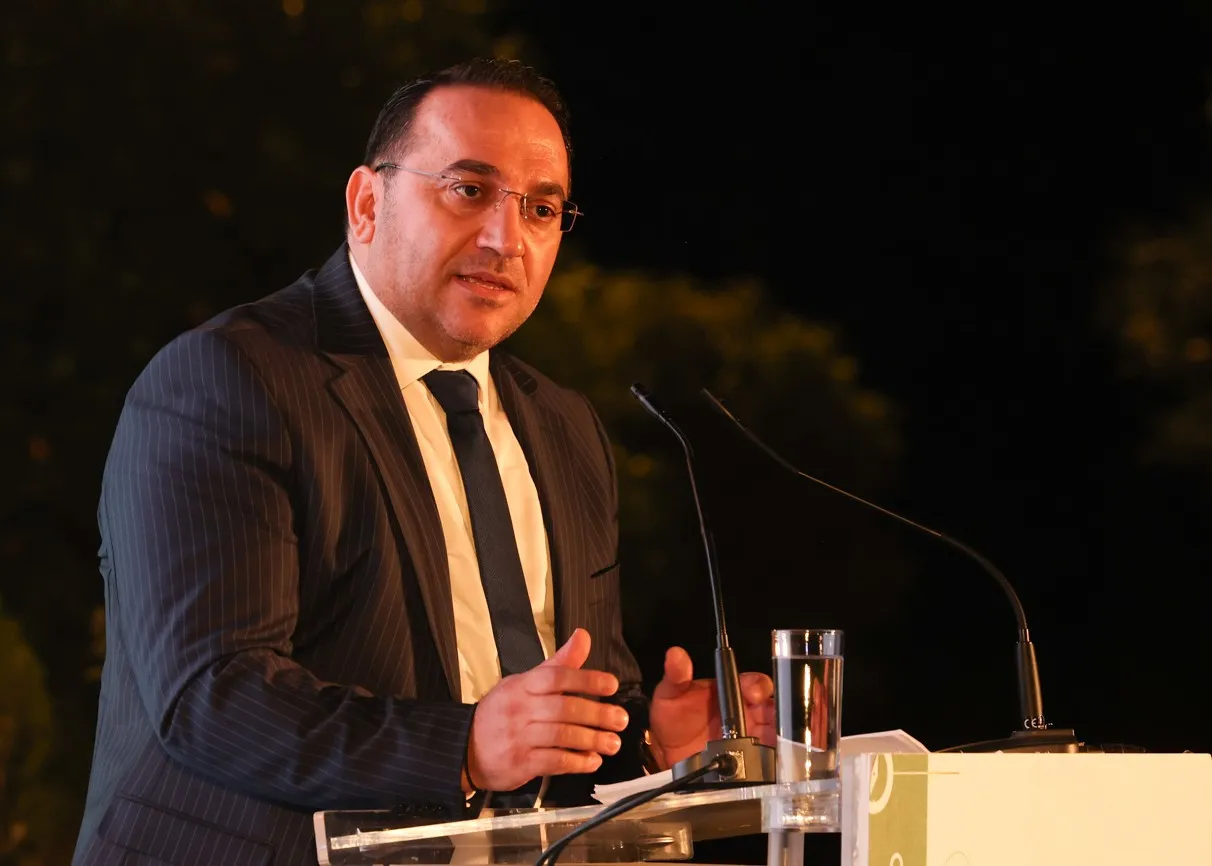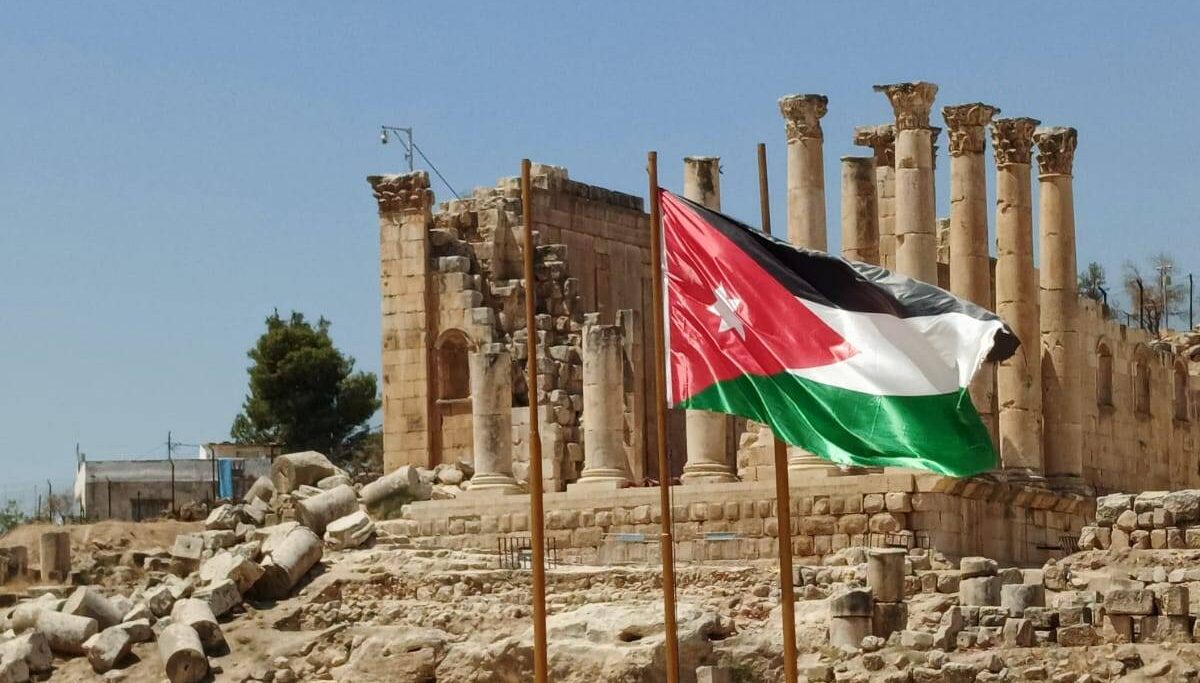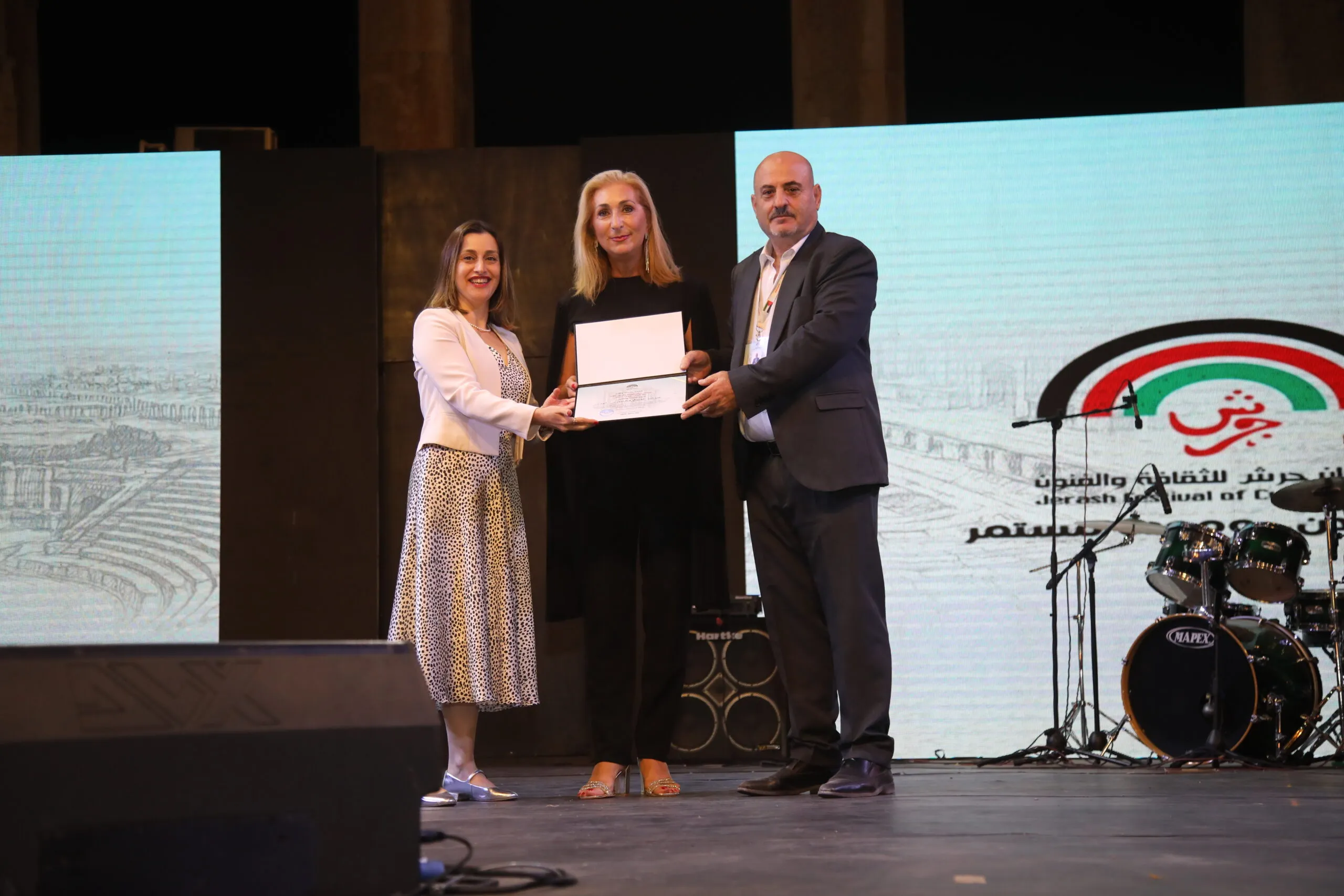*By Rula Samain
LARNACA, Cyprus- Jordan and Cyprus share a longstanding relationship grounded in history, culture, and mutual cooperation, and today, tourism has become a key area of focus, reflecting the commitment of both countries to strengthen bilateral ties and develop joint initiatives that benefit travelers and the industry alike.
In an exclusive conversation with Anovia, Cyprus Deputy Minister of Tourism Kostas Koumis spoke with candor and warmth about the enduring ties between the two nations, their shared challenges, and the promise of collaboration.
“As citizens of the Republic of Cyprus, we regard the Jordanian people as true friends and neighbors,” the Deputy Minister began, emphasizing that the closeness is evident not only in politics but also in everyday human connection.
Over the past years, Koumis noted, bilateral relations have strengthened significantly, particularly during the presidency of Nikos Christodoulides, emphasizing that the ties are not merely formal.
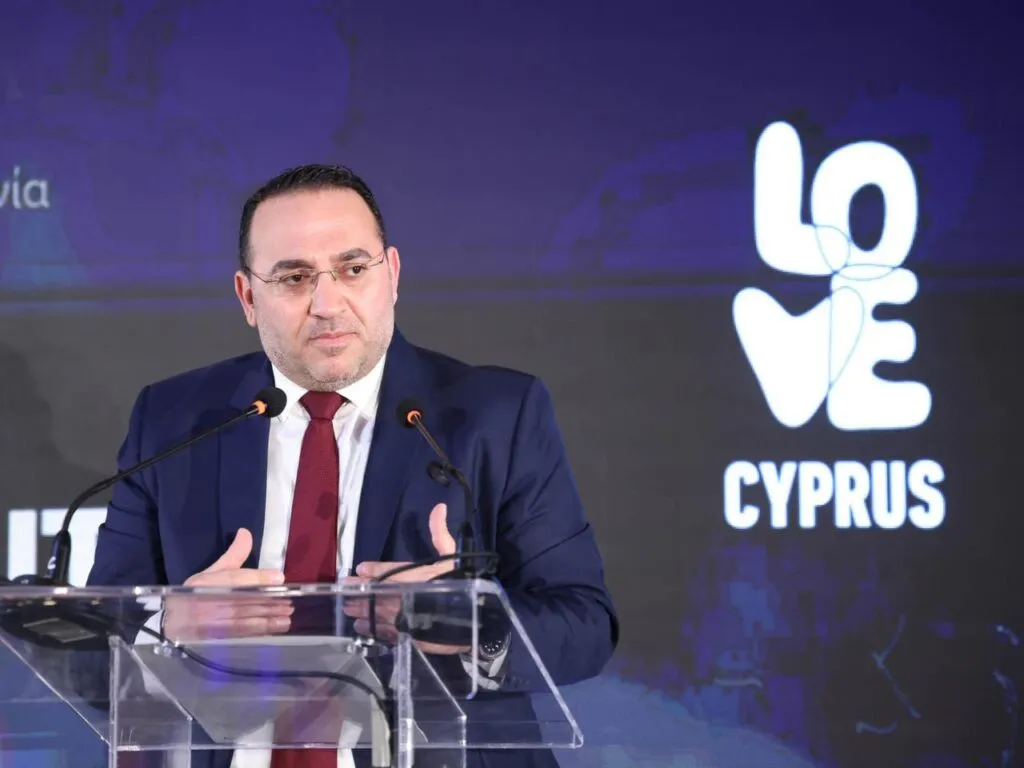
The multiple visits between Cypriot and Jordanian officials, especially in the tourism sector, have laid the groundwork for practical cooperation, positively impacting both countries’ tourism industries, said the Deputy Minister.
“We belong to the same region, we share many cultural and historical similarities, and even in the way we think as business professionals, there is a remarkable alignment.”
From this foundation emerges a shared ambition to create joint tourism packages that combine the unique strengths of both destinations.
Creating joint tourism packages, the Deputy Minister explained, is both a challenge and an opportunity; while political agreements can lay the groundwork, true success depends on active participation from the private sector, the travel agencies, tour operators, and businesses in both countries, “a task not so easy.”
Koumis said that while Cyprus is well-established in Europe as a sunny Mediterranean destination, and Jordan is globally renowned for its archaeological and historical sites, thus the true potential lies in combining their strengths to attract visitors from the international markets.
On the other hand, Cyprus has firmly established itself as a premier destination for sports tourism, offering favorable conditions for year-round activities such as football, swimming, cycling, and athletics training, noted Koumis, adding that the Island boasts a comprehensive range of high-quality facilities, including tracks, pools, and mountain biking routes across key regions such as Paphos, Limassol, and Nicosia.
“While Cyprus has long been recognized for its sunshine and beaches, the past decade has seen a remarkable diversification of our tourism portfolio, with sports tourism flourishing in particular,” He added that hundreds of football clubs, swimming teams, and track-and-field athletes from across Europe now choose Cyprus for their training and preparation.
“Our climate, facilities, and hospitality make us a natural choice. These initiatives extend well beyond training camps. Cyprus now hosts several internationally recognized sports events, including three major marathons, attracting thousands of athletes and visitors each year and infusing new energy into the Island’s tourism landscape.”
But Cyprus’ ambitions go far beyond sun, sea, the archaeological, and athletic training. The Island has strategically developed its congress and conference tourism, positioning itself as a reliable host for international meetings and events.
“With new venues and modern facilities, Cyprus has become an attractive destination for organizations seeking both professional and cultural experiences,” the Deputy Minister explained adding that these initiatives complement sports tourism, creating a diversified tourism ecosystem that engages different types of visitors throughout the year.
The Island has strategically developed specialized tourism sectors to attract visitors throughout the year; sports tourism, in particular, has seen remarkable growth.
“Hundreds of football clubs, swimming teams, and track-and-field athletes from across Europe choose Cyprus for their preparation and training. Thousands more come to participate in international competitions, including marathons and other sporting events. This brings new energy and diversity to our tourism sector.”
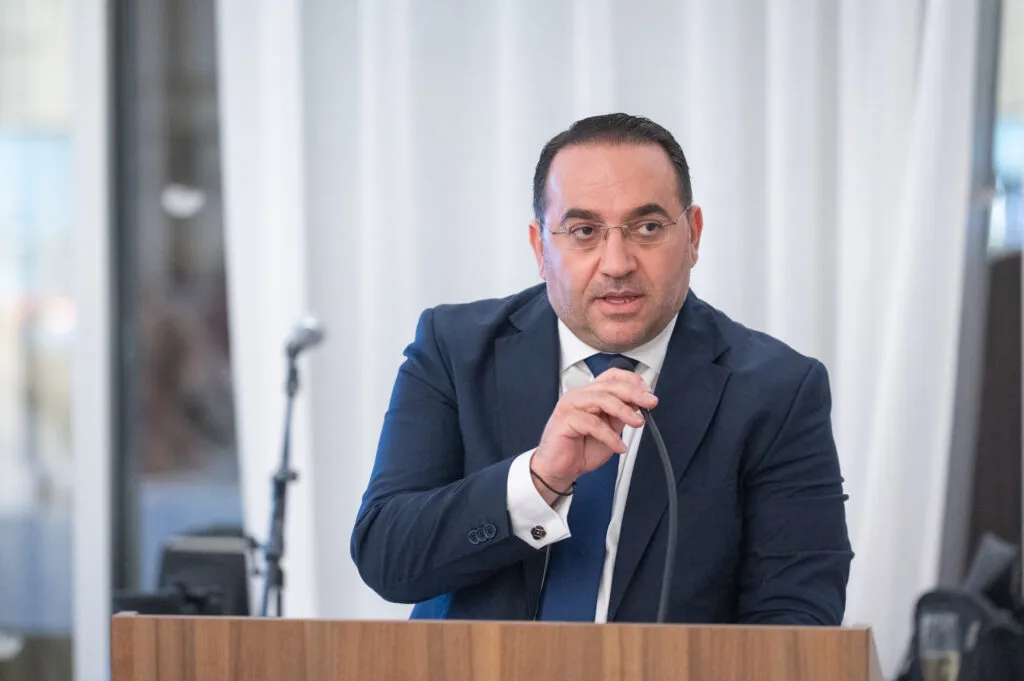
The goal, he emphasizes, is to transform Cyprus into a year-round destination.
“Winter tourism, once considered secondary, has seen impressive growth. Last winter alone, visitor numbers increased by 23 percent compared to the previous year, a trend that promises a strong season ahead.”
While Cyprus continues to diversify and strengthen its tourism offerings, Jordan stands as a natural complement, rich in history, archaeology, and cultural depth. The Deputy Minister was candid about the opportunities that arise from collaboration.
“Jordan offers incredible archaeological sites and deep-rooted history, which can perfectly supplement what Cyprus provides. Combining the strengths of our two countries through joint tourism packages presents a genuine opportunity to create added value for travelers and to further strengthen our cooperation.”
And “Cyprus has a long religious and cultural history. Sites like the Tomb of Saint Lazarus in Larnaca, and the revered Church of Panagia offer travelers’ deeply meaningful experiences which makes Cyprus not only a leisure destination but also a destination for religious and cultural tourism.”
Indeed, the potential for joint initiatives spans multiple dimensions.
While Cyprus attracts visitors for its sun-soaked beaches, vibrant marathons, and international congresses, Jordan draws pilgrims, adventurers, and cultural travelers from around the world, and by creating integrated travel packages, both nations could offer a seamless experience, connecting Petra and Mount Nebo with Paphos and Kourion, or pairing Jordanian deserts with Mediterranean coastlines.
The Deputy Minister noted a growing interest from Cypriots visiting Jordan in recent years, facilitated by increased flight availability and competitive fares, adding that the promotional campaigns, including billboards and media initiatives, have raised awareness and contributed to the rising flow of travelers.
“Today, Cypriots are visiting Jordan more frequently than ever,” he observed, “initiatives like Anovia’s can help showcase the many lesser-known sites that make Jordan unique.”
Beyond statistics and strategies, the Deputy Minister shared his personal experiences visiting Jordan. Though his trips were largely official, with tight schedules and limited time, certain impressions remained vivid.
“I have visited Jordan three times in my life, twice before becoming a Deputy Minister, for business purposes, and once in my current role. Each visit was brief, but the warmth and hospitality of the Jordanian people left a lasting impression.”
He also spoke highly of Jordanian gastronomy, noting its depth, flavor, and cultural resonance.
“The cuisine is full of varieties, flavors, and character. I noticed remarkable similarities with Cypriot gastronomy, which reflects how close our cultures truly are.”
Despite limited time for sightseeing, the Deputy Minister’s enthusiasm for Jordan was evident. He often told his family that a proper visit was long overdue, one that would go beyond official duties to explore the country’s rich heritage and vibrant communities.
The Island of Cyprus is located in the northern-eastern Mediterranean at the crossroad of three continents: Asia, Africa and Europe and is a nexus point of major ancient civilization.
*Anovia Founder CEO

